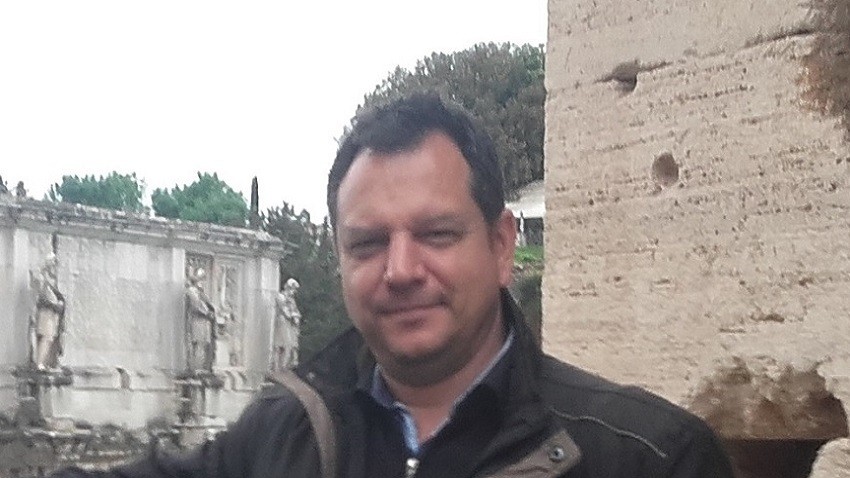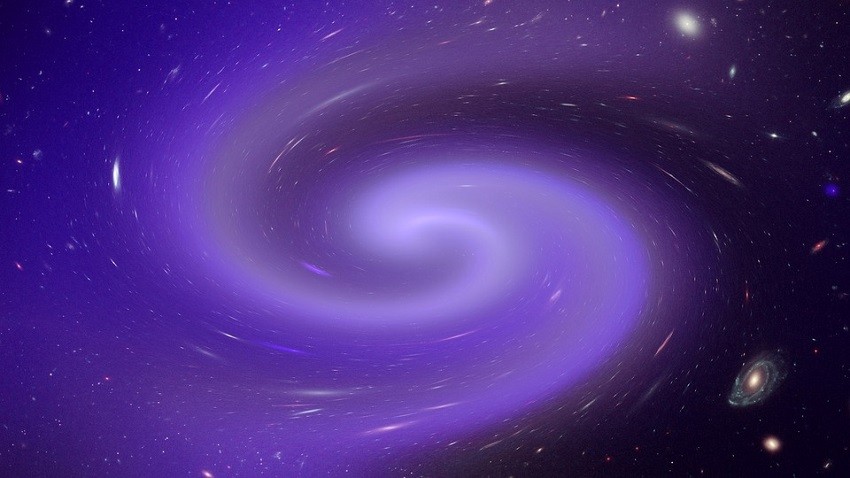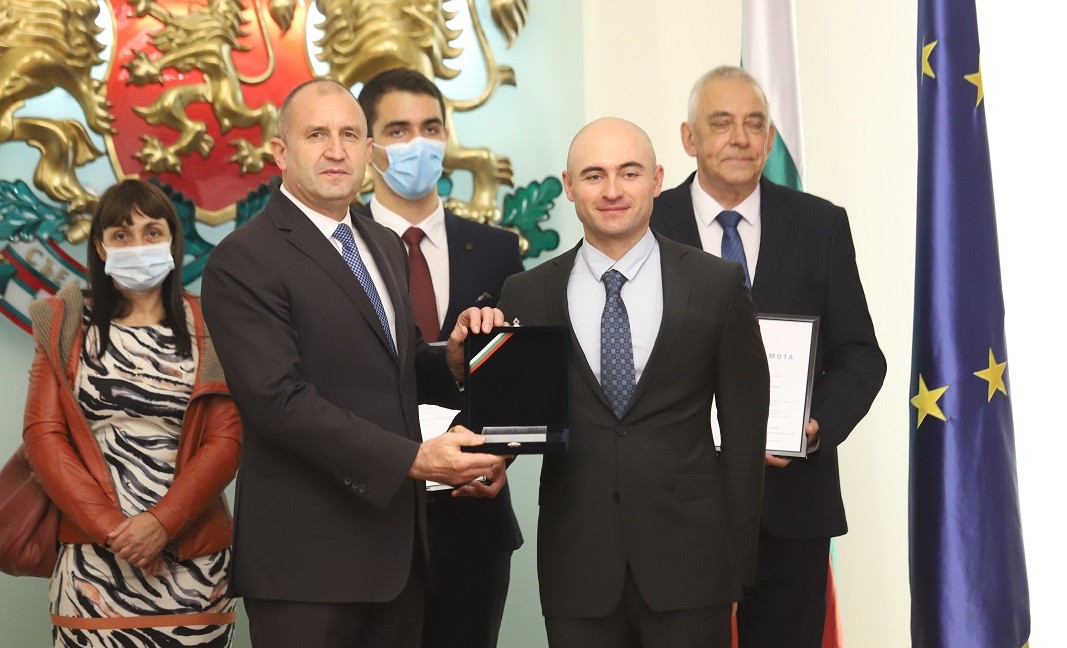On the eve of the brightest, most beloved family holiday, Christ’s Nativity or Christmas, we feel as if our lives are once again surrounded by hope and faith for a better and better tomorrow. And it is invariably connected with science and faith. It is scientists who are the rational minds among us who are able to explain life and take steps towards the future, and faith gives us a sense of protection and trust in God's providence for each of us.
Is proof of the meaning of faith required, and is it possible for a scientist to be a believer in God?

"I am a believer. Not religous, but a deep believer,"says in response Prof. Stoycho Yazadzhiev. He is a lecturer in theoretical and mathematical physics at the Faculty of Physics of Sofia University “St. Kliment Ohridski” and a professor in General Theory of Relativity and Black Hole Physics at the Eberhard Karls University in Tübingen, Germany. Only a month ago, Prof. Yazadzhiev became one of the three newly elected corresponding members of the Bulgarian Academy of Sciences under the age of 50, and was included in the prestigious ranking of Stanford University's most influential scientists for 2020.
"Every true scientist knows that God exists. Whether there is direct evidence is a separate issue, but it is felt in the aesthetics of science. Things are arranged so that they are always too aesthetic. A great thought of one of the creators of quantum mechanics, Werner Heisenberg, reads: "The first sip of the cup of natural science makes a person an atheist, but at the bottom God is waiting for him," says Prof. Yazadzhiev

This idea of the German Nobel laureate from 1932 forms the basic viewsalso of the winner of the John Atanasoff award for young scientistfor this year - Venelin Todorov. The 34-year-old doctor of mathematics is adamant that faith in God and science are not contradictory worldviews but rather complementary because science explains how processes happen and God explains why there is a universe.
Contrary to popular belief, the likelihood of being a believer is not affected by being a scientist, says Dr. Todorov. It is no coincidence that nearly 60 percent of the Nobel laureates in science from 1901 to 2000 believed in God. Among them are the names of personalities whose work inspired the Bulgarian scientist to dedicate himself to in quantum science, such as Mark Planck and Werner Heisenberg.
"The opposition between the two is fictitious or artificially suggested, because if we trace the beginnings of modern science in the 16th century, some of its founders - Newton, Descartes, Leibniz, Pascal - were also believers. These scientists were looking for the underlying laws in the Universe, because they expected that a legislator exists. And it can be said that faith in God served as the engine of science”, Dr. Todorov says.

Science is an occupation for people who carry the spark of God in them. This is evident in their deeds, Prof. Stoycho Yazandzhiev believes. And with a dose of the inherent scientific doubt, he says:
"One must trust science, but one must not believe in it blindly. Science is a human activity and as such requires time”.
And we have no choice but to take sips of life from the cup in front of us one at a time, hoping one day we will be able to see what lies at its bottom.
Compiled by Vessela Krasteva (based on interviews of Nina Tsaneva and Milena Vodenicharova from BNR’s Hristo Botev channel)
English version Rositsa Petkova
Photos: BGNES, private library, PixabayThe usurpation of cultural heritage is one of the many inevitable consequences of any military conflict, both historically and today. Until the end of the war in Ukraine, it is impossible to adequately analyse the extent of the damage caused to the..
Athens plans to modernise the Greek army by 2030 Greece's Defence Minister Nikos Dendias presented the plan for changes in the army to the parties in parliament. The reforms will cover all three branches of the military. By 2030, 33 units..
A short video kaleidoscope of the "untold stories" of worthy Bulgarians - scientists, entrepreneurs, engineers, artists - who have contributed to our country's good image in the eyes of the world opened an unconventional public forum that showcased the..
Nuredin Nuredinaj comes from the historical-geographical region of Gòra in Northeastern Albania, where 90% of the inhabitants identify themselves as..

+359 2 9336 661
